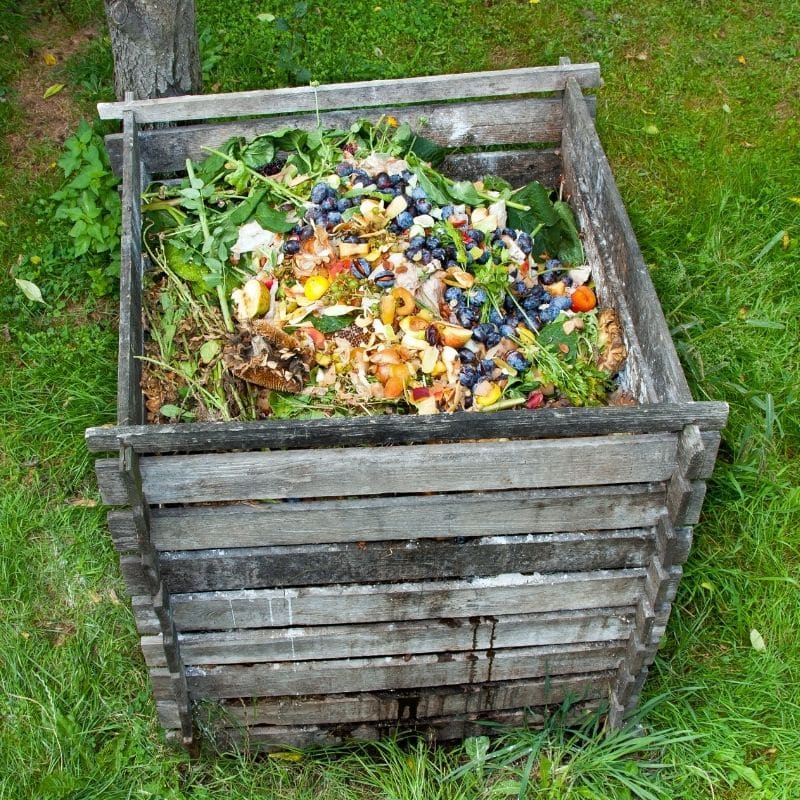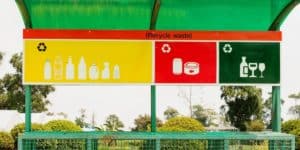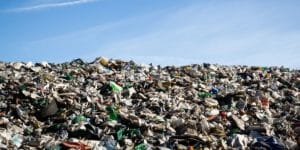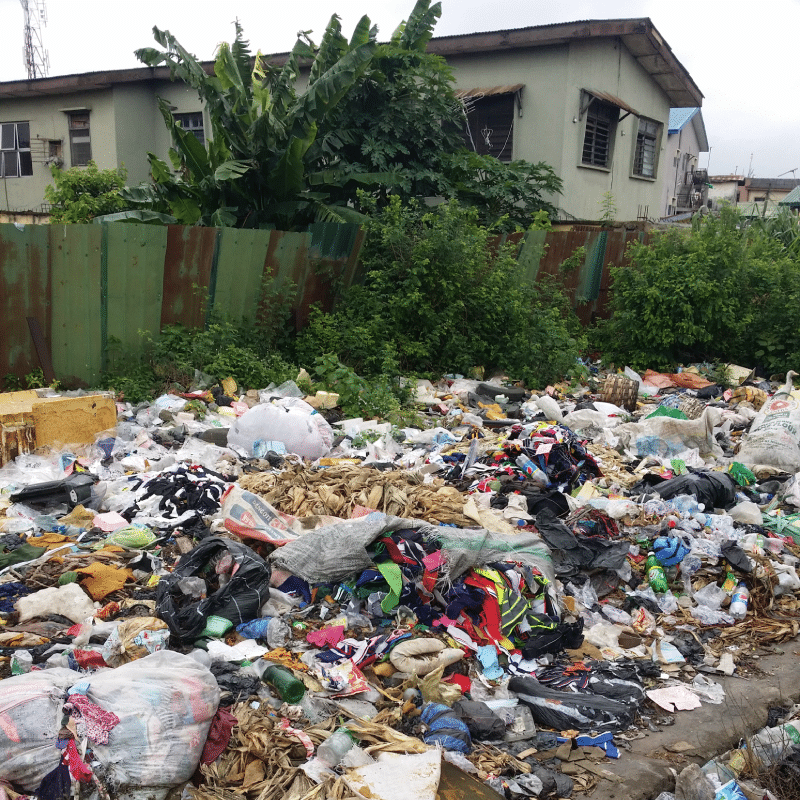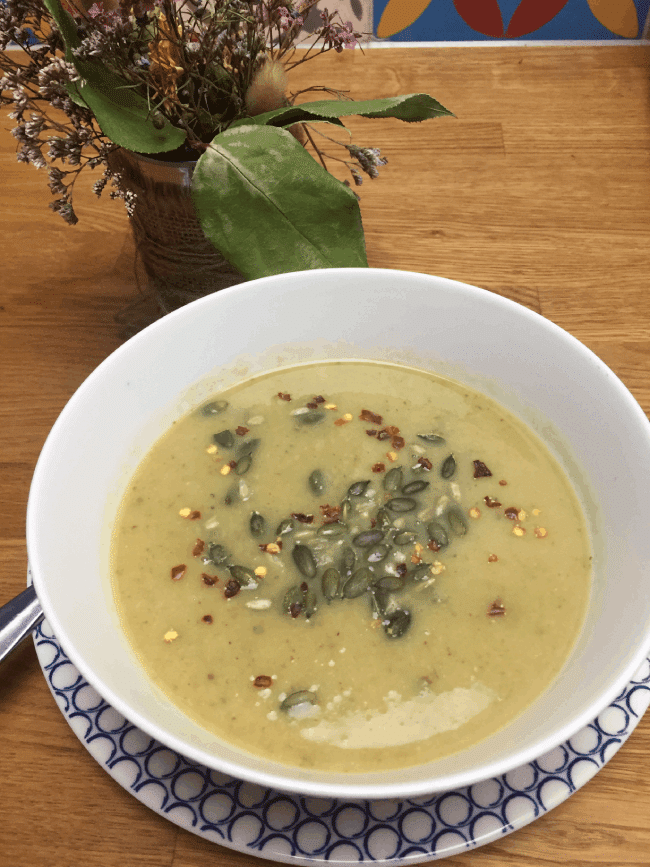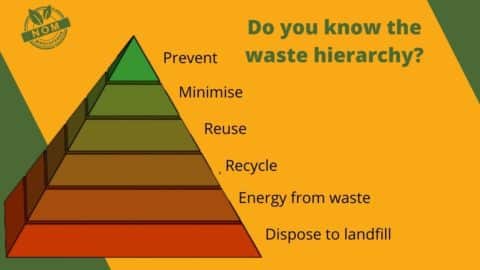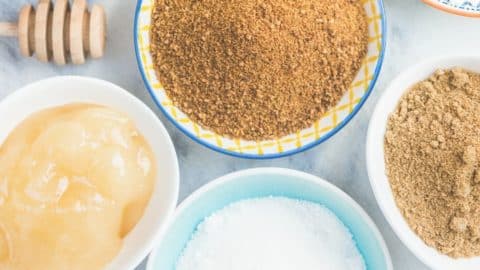Is compostable packaging biodegradable?
The simple answer is Yes it is! What does that mean for how we should dispose of packaging labelled in this way?
As a consumer it’s so confusing to know what is the right thing to do.
More and more food items are now being sold with packaging labels such as:
Compostable
Home Compostable
Biodegradable
Better than plastic?
Does that mean they are better than plastic packaging? You would think yes but it’s not necessarily the case in terms of disposal.
It partly depends what the packaging is made from. The thing about plastic is it’s made from fossil fuels which are running out and we need to stop taking these out of the ground. However, some of it is commonly recycled which is not the case for compostable/biodegradable packaging.
We should be using packaging that’s made from recycled materials, or renewable plant based materials that aren’t in danger of running out. But can we easily dispose of these materials? Are we doing damage by using them and sending them to landfill rather than disposing as intended?
Let’s Define the terms:
Composting – Is a process (whether natural or mechanical) to recycle organic waste to reuse. Something that is successfully composted will turn into a healthy soil in a few months.
Biodegradable – Something that is made of natural products that breaks down into natural elements eg. Water vapour or carbon dioxide. Even some plastics are biodegradable they will just take many years to break down.
So the answer to the main question is yes compostable packaging is biodegradable by definition.
Disposal Conditions
BUT both of these things need specific conditions to make them happen. Landfill does not have these conditions because items will have lots of other rubbish stacked on top with little oxygen, little light and therefore not enough of the right bacteria to break them down. One of the problems with landfill is that it produces methane which contributes to global warming.
Those items that are labelled ‘Home Compostable’ of course can be placed in your home compost. According to a survey run by a business waste management company, only 3% of us actually use home composts.
But for the other 97% of us what do we do? The waste could be sent off for composting but it’s unlikely your council has a separate waste stream for non food compostable items because they are currently a small part of the packaging story. Industrial composts are not yet being invested in very much. This process is different to that which will breakdown your food waste.
It’s ok to put a few (non plastic) tea bags in the food bin but it’s likely anything foreign will be removed and incinerated because the waste facility won’t be confident that the item is actually compostable. By the way, this is what happens to the compostable food waste bags you put in our food bin.
Compostable packaging cannot be recycled because it has a different make up to the items that are recycled so the waste facility won’t know what to do with it.
What about biodegradable packaging?
Biodegradable products have the same problem. You may think of biodegradable as something that breaks down in the earth like a banana skin. But the packaging could be made of lots of different elements and will likely need specific conditions to break it down.
So what should I do?
Labels often don’t tell you what the packaging is made of, but you can be more confident of some than others if they are made from plant based or recycled materials. You could look them up online to find out what it’s made of. The more natural the better.
What about vegware?
You have probably heard for vegware being a more natural and compostable solution for takeaway products. It’s being used more and more to replace polystyrene and other single use plastic.
Although they are leading the way in working with new commercial composting facilities, unfortunately it is still the case if you use a vegware takeaway product there are very few facilities to compost it. Yes, they are made from plant based or recycled materials which is a big thumbs up, but it’s likely you’ll be disposing it in landfill which means it will take a very long time to breakdown.
Sadly, as is often the case with environmental issues, there is no perfect answer apart from stopping consumption of the thing in the first place. This means buying less packaging wherever possible and reusing more. And beware the label that boldly claims it’s compostable. It doesn’t mean it’s going to disintegrate into nothing and not take up space on the planet after it’s used.
Further reading: The brilliant plastic warriors, City to Sea, have a very detailed blog and video on this subject.
